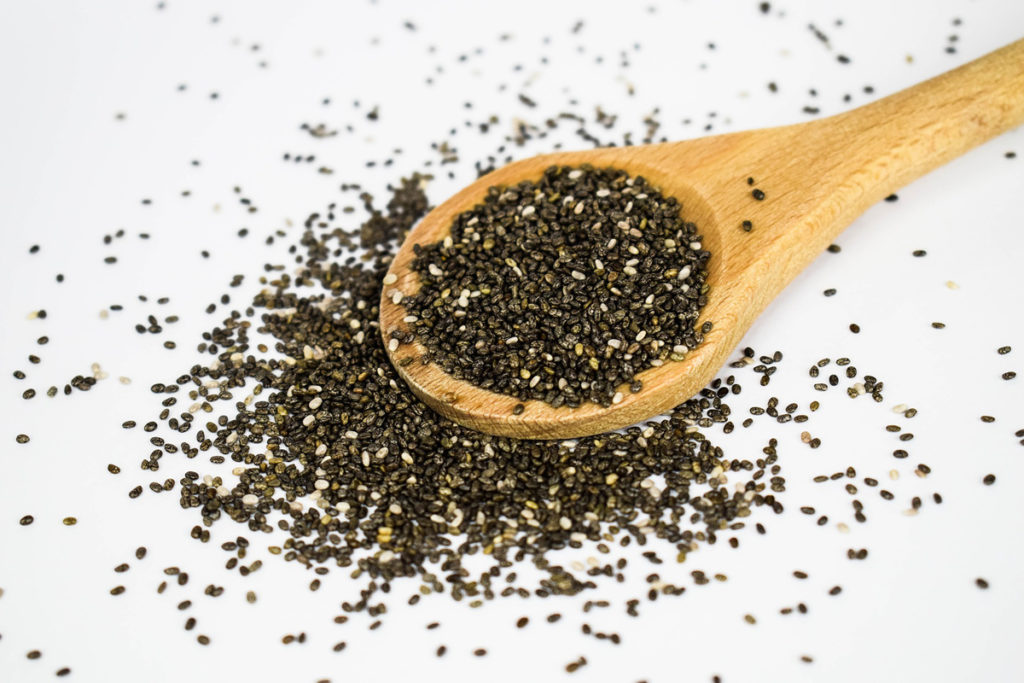Alcohol’s Effect on Health

Does drinking alcohol help your health or is it better to just say no? For some people the benefits outweigh the risks; for others the risks are far greater than the potential benefits.
So, who exactly is a candidate for safe, moderate drinking, and who is not? To find out, read information below from Victoria Shanta Retelny, RD, LD, president of LivingWell Communications,
a Chicago-based nutrition consulting practice, which focuses on the importance of proper diet to overall health and well-being.
Alcohol and Disease
“Prolonged (heavy) consumption [of alcohol] can lead to cellular changes in the liver, heart, brain and muscles and result in cirrhosis, pancreatitis, irregular heart beats, stroke and malnutrition,” explains Nancy Clark, MS, RD, author of Nancy Clark’s Sports Nutrition Guidebook (Human Kinetics 2003). Clark notes that even moderate drinkers have a higher risk of oral cancer, and women who drink may have a higher risk of breast cancer.
However, moderate drinking can also enhance health status, according to the scientific research. “There is convincing evidence that [consuming] one to two alcoholic drinks per day increases high-density lipoprotein cholesterol [HDL, or the “good” cholesterol] by as much as 15%–20%,” according to Eric Rimm, MD, associate professor of epidemiology and nutrition at the Harvard School of Public Health. This, in turn, reduces narrowing of the arteries caused by plaque (atherosclerosis) and decreases the propensity for blood clotting, a common cause of heart attacks.
Alcohol’s Effect
on Mortality
Another finding in the scientific research is that drinking alcohol in a moderate fashion may decrease death rates. According to the Centers for Disease Control and Prevention, the lowest all-cause mortality rate occurs in people who ingest one to two drinks per day. Plus, the lowest coronary heart disease mortality rate also
occurs at an intake of one to two drinks per day. However, there is another, darker side to the issue of drinking and death rates. The same research has shown that morbidity and mortality are highest among those who drink large amounts of alcohol.
Although the amount imbibed plays an important role in mortality rates, drinking patterns hold equal weight. “You can’t save up your drinks and use them all over the weekend,” warns Dawn Jackson Blatner, RD, a national media spokesperson for the American Dietetic Association. In other words, the benefits to mortality come from moderate, incremental alcohol consumption throughout the week, meaning only one to two servings per day, not four or five in one drunken sitting!
How Much Is Too Much?
Over and over, nutrition experts and
researchers reiterate the same message: Drink alcohol in moderation. But what exactly is considered moderate intake?
According to the latest U.S. government dietary guidelines, moderate alcohol intake is defined as no more than one drink per day for women and no more than two drinks per day for men—ideally taken with meals.
The following amounts constitute a standard serving:
- 12 ounces of beer
- 5 ounces of wine
- 1.5 ounces of 80-proof distilled spirits
The alcohol content is approximately the same—0.6 ounces—for each standard serving.
Sidebar: Before You Order That Drink, Just Say “Know”
When it comes to drinking alcohol, knowledge can go a long way. Don’t drink if you fall into any of these categories:
- You are pregnant or considering becoming pregnant.
- You are taking prescription or nonprescription medication that may interact with alcohol; if in doubt, abstain.
- You have trouble controlling the amount of alcohol you drink.
- You plan to operate a vehicle (such as a car, truck, motorcycle or even bicycle) or heavy machinery.
- You plan to participate in physical activities that require your attention or skill (such as swimming or playing other sports).
IDEA FitnessConnect
Looking for a fitness professional, fitness facility, or class? Search IDEA FitnessConnect, the largest directory of personal trainers and fitness instructors, with the most verified profile information from the most trusted certifications in fitness.





